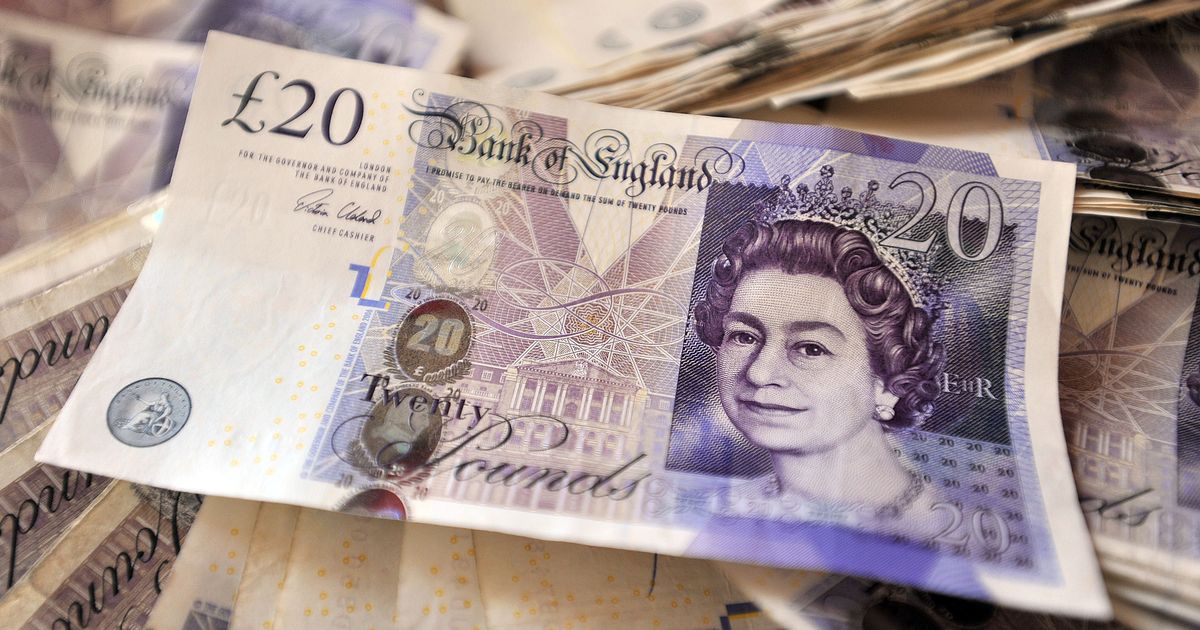Sterling held steady against the euro on Wednesday, after data showed UK inflation eased from a 41-year high in the run-up to the Bank of England's next rate decision due later this week.
Against the dollar, the pound edged up 0.24% to $1.2395, as traders prepared for the Federal Reserve's upcoming decision on U.S. interest rates.
Official consumer prices data on Wednesday showed UK inflation falling more sharply than expected in November to 10.7% from October's 41-year high of 11.1%.
"The picture is still consistent with what the Bank of England (BoE) told us when they last met, which was that the peak in inflation would probably be around 11% in October," said Adam Cole, head of FX strategy at RBC Capital Markets.
Sterling was virtually flat versus the euro at 85.985 pence.
Economists polled by Reuters had forecast that the inflation rate would slip to 10.9%. Both U.S. and euro zone inflation, too, have dropped more steeply than expected last month, raising hopes that the current wave of inflation may have peaked.
The market is looking ahead to the BoE's interest rate decision on Thursday, with traders placing a 70% chance of a 50 basis points (bps) increase to the bank rate .
British policymakers have been hiking rates since late 2021 to try to bring down double-digit inflation, but are increasingly split on how much tightening is needed as the economy heads into recession. The latest inflation figures may support the idea that tightening should slow down.
"We think over the next three or four months, the pendulum is likely to swing towards the weak growth background if inflation keeps coming down. Today is a strong case for them pausing well before the market expects," said Cole, who takes a negative view on the pound in the short and long term.
Official data on Monday showed Britain's economy rebounding in October, but the outlook for Britain's economy remains murky and fears of a deep recession continue to weigh on traders' minds.
The pound touched $1.2345 against the dollar on Dec. 5 - its highest since mid-June - recovering by nearly 20% from a record low at the end of September, but remains 8.4% lower in 2022.










